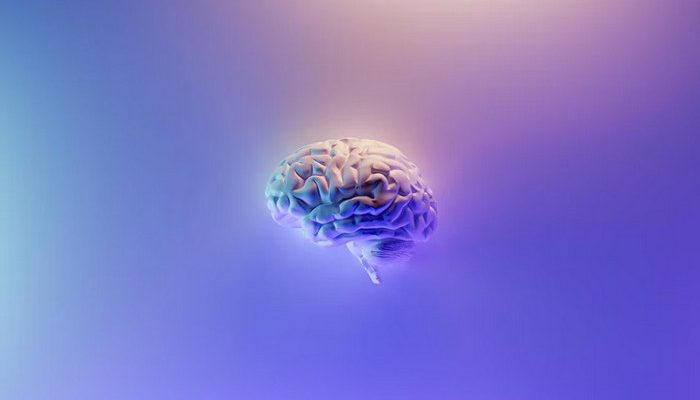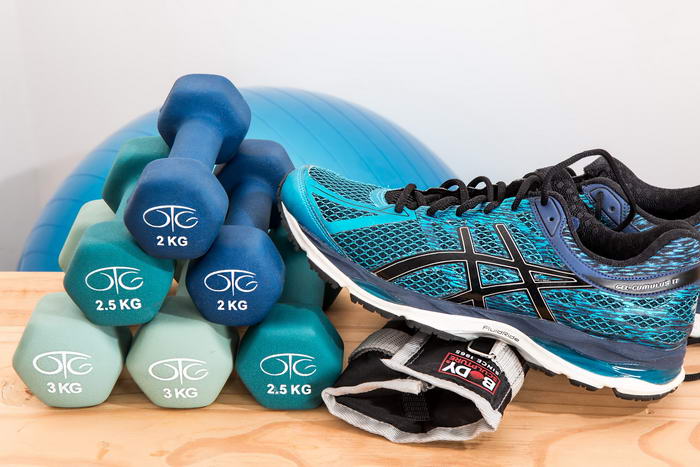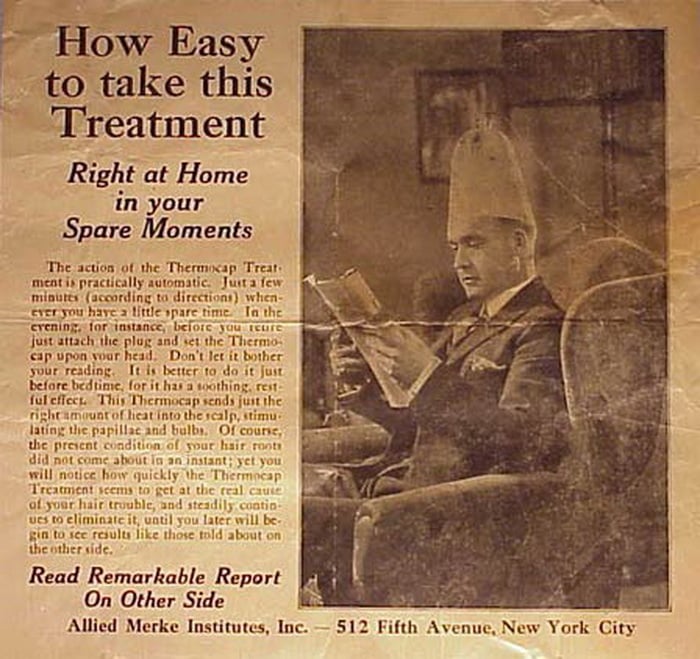Many people prioritize brain exercise to enhance memory, attention, or everyday functionality, especially as they become older. There are various ways to maintain brain health at any age. Specific mental activities can help improve your memory, attention, and focus, making regular tasks easier and faster to do and keeping your brain fresh as you age.
Let’s explore 10 evidence-based exercises that provide the most brain-boosting advantages.
10 – Dance to your heart’s content
According to the Centers for Disease Control and Prevention, learning new dance techniques can improve your brain’s processing speed and memory. Basically, if you bust a move on the dance floor, your brain will thank you.
09 – Visualize more
Visualization is the process of creating a mental image to represent information. The mental image might be in the shape of a photograph or an animated scenario. According to a 2018 reviewTrusted Source, visualization assists people in organizing information and making suitable judgments.
People can use visualization in their daily life. For example, before going grocery shopping, people might picture how they will travel to and from the store, as well as what they would buy once there. The idea is to visualize the scenes as clearly and precisely as possible.
08 – Play some music
If you want a straightforward method for increasing your imaginative brainpower, switching on some tunes could be the trick. Listening to upbeat music permits producing more inventive solutions. As a result, listening to cheery music may help you improve your brain function and creative thinking.
07 – Increase your vocabulary
A large vocabulary might make you appear intelligent, but did you know that you can convert a brief vocabulary lesson into a brain game? Expanding one’s vocabulary is an excellent method to increase one’s knowledge while also exercising one’s brain. An easy technique to improve your vocabulary is to watch a TV show or read a book and take note of any unusual terms. A person may then use a dictionary to seek up the definition of the term and come up with ways to utilize it in a sentence.
06 – Play with a jigsaw puzzle
Jigsaw puzzles employ many cognitive functions and are a factor that protects visuospatial mental aging, according to research. In other words, when assembling a jigsaw puzzle, you must study each piece and determine how it fits into the larger picture. This could be a great way to challenge and train your intellect.

05 – Meditate
Meditation on a daily basis can help to reduce tension, relax your body, slow your breathing and reduce worry. It can also help you improve your memory and increase your brain’s ability to process information. Every day, try finding a peaceful area, close your eyes, and meditate for at least five minutes.
04 – Utilize all of your senses
Try practicing tasks that involve all five of your senses at the same time to exercise both your senses and your brain. You may try going to a farmer’s market, baking cookies, or trying a new restaurant while focusing on hearing, smelling, seeing, touching, and tasting all at once.
03 – Socialize
Enjoying the company of friends can be an intellectually stimulating leisure activity that can aid in the preservation of cognitive function. According to a 2019 study, those who have more regular social interaction are less likely to suffer from cognitive decline and dementia.
Engaging in social sports, having chats, and playing games are some social activities that may help stimulate the brain.
02 – Teach someone else a new skill
Teaching a skill to another person is one of the finest methods to broaden your knowledge.
After learning a new skill, you must put it into practice. Teaching it to someone else necessitates you to explain the concept and correct any errors you may make.
01 – Try a different route
When it comes to your everyday duties, be open to experimenting with fresh methods of doing the same tasks. Choose a different path to work once a week, or try a new form of commute, such as bicycling, or instead of driving you can try taking public transportation instead. This minor change may benefit your brain, and you may be surprised at how simple it is to change your mindset.
Endnote
Investing in your brain’s well-being, regardless of your age, is one of the best things you can do to improve your mental agility, concentration, memory, and focus. By adding brain exercises into your daily life, you will be improving your mental faculties, making your mind work, and potentially learning something new and fascinating along the way.































































